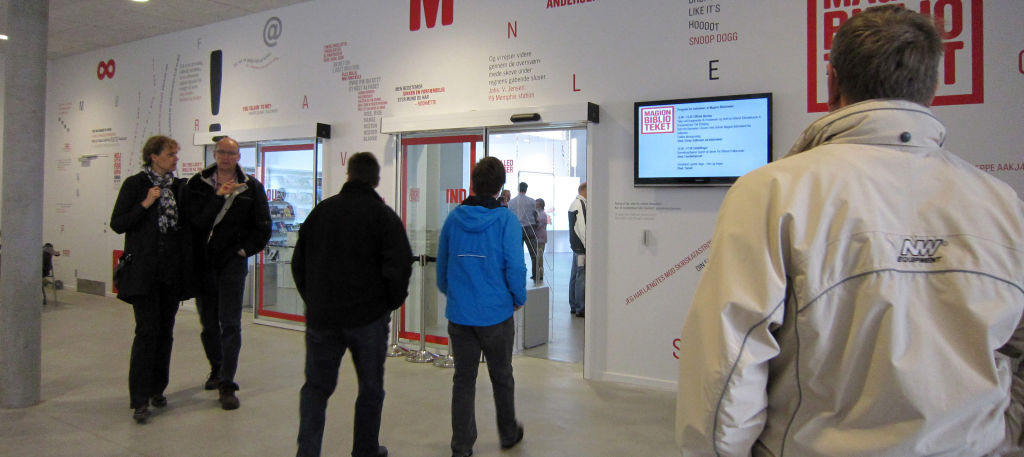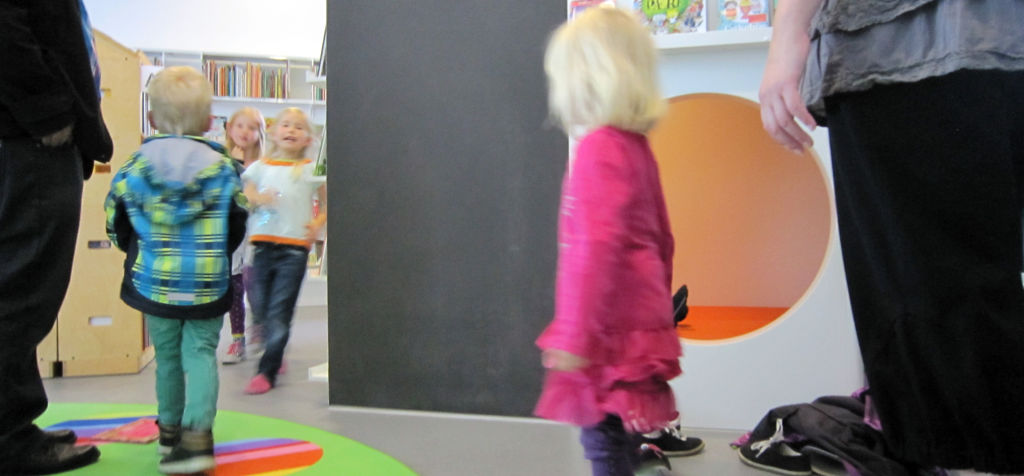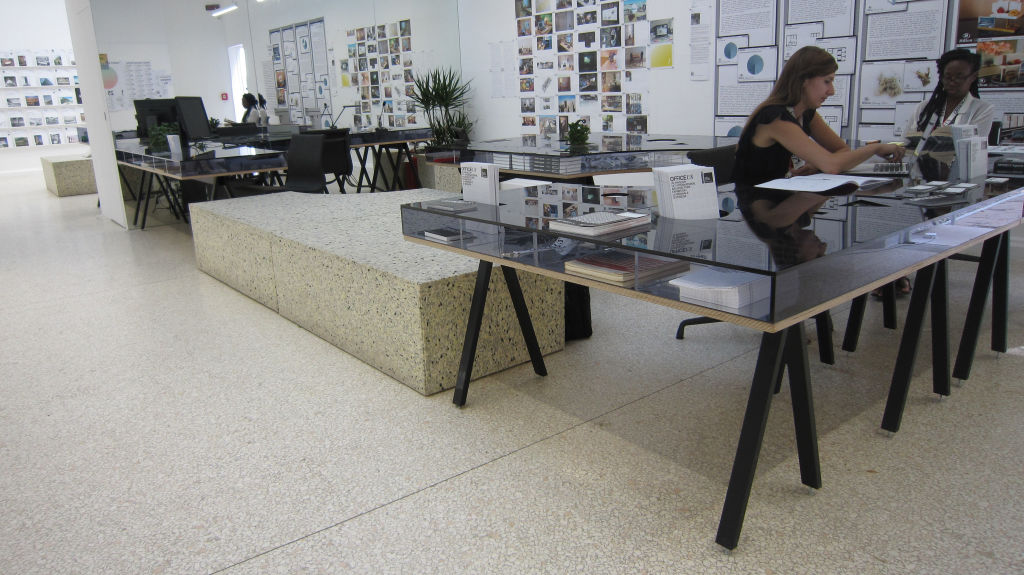Service design and love
Service is to serve. We must serve our own self in a good way. Many forget to serve them selves. Self-serving does not include spoiling one self with buying a lot of material stuff. It means to sense the body’s need for rest, exercise and healthy food, the mind’s need for inspiration and challenges, – and need of magic, meaning, serenity, time and heart contact with others for our soul.
Each of us need peaceful time alone, social activities, to experience beauty and to feel that life is a secure and lovingly place to be.
To feel well-being we must serve our own self the best, we possible can, before we can serve others.
Same way we must care for and serve with love, help, compassion, challenges, inspiration and amusement for those we love and those we meet.
In business, education, trade, health systems, politics, public institutions, shops, cafés etc. service is exactly the same as for individuals: serving with respect, accept and love.
Good quality in service is, when those who receive the service, experience the service as being good. What makes a service be experienced as being good?

Reliability is important: Can I trust what the ones giving service tell me? Are they trustworthy persons?
If we have doubt that we can trust the one giving service, we experience the service as bad – we will probably never come again.
Availability is important: Are the one giving service easy to meet – almost immediately?
For instance if we get sick, call the doctor for an appointment and have to wait in line for what feels as a long time, we regard the doctor’s service as not being good. Even before we even get there, we are a bit irritated and less trustful to the doctor’s service.
If a service is on Internet, we will regard the service as bad if we cannot immediately reach and find what we search for. Then we might choose another service-place. If we get served on net easy and right away, we regard the service as being good.
Waiting is mostly bad. Sitting in waiting room by the doctor, feeling nervous if we fear to be sick from something dangerous. Then time can feels long, the fear inside us seems to increase, unless we have something interesting to do that captures us.
Then time runs fast.
In airports the level of stress is very high and intense: there are many people, some fear to miss a plane, have to do a thousand of things with luggage and family, have remember a lot, find out where the gate is, if the plane is delayed and go through security. Waiting time in airports can also seem rather boring, but the crew found out that when they openly tell (on screens) how many minutes a plane is delayed, people relax much more than if they are not informed.

Today we can spend waiting time going on Facebook or surfing on net. Then many people feel that time runs fast in a good way. This requires that the waiting space has a well functioning Wi-Fi and that there are a lot of possibilities available for power.
Waiting with no possibility to do something, feels longer by most people. Waiting time before the service feels longer, than time during the service expedition. Have they forgotten me? – a waiting time feels longer, when we get nervous.
Not explained waiting time feels longer than when the waiting is explained. For instance if a train suddenly stops between the station in the middle of nowhere, the passengers get nervous and uneasy, unless they are informed about what is the reason for the stop and how long it will take, before the train will continue.
Unfair waiting time feels much longer than fair waiting time.
The more important a service is for the receiver, the longer waiting time we are willing to accept. Waiting alone feels much longer than waiting in a place where there are other people. But this does not necessary includes social exchange or acts.
If we wait nervously by the dentist for an operation unknown for us, it stresses us more if the other patients start to communicate and tell about a similar operation that hurt a lot.

Security and trust is important for a service to be experienced as being good: Do they know what they are talking about?
For you who are giving service this means either you tell truly that you are not the expert and not able to give a clever answer – or you are the expert knowing exactly what you are talking about.
If you don’t have a true secure advice or answer, it’s better to suggest someone else to give the service – a real expert. If you seem to lie just to appear nice, you cannot be trusted. The receiver can easily sense if something is not right.
If you try to convince in a way that gives the impression that you will force a trade upon someone, you will also not be trusted. Security includes trust, truth and transparency.
Today we can search all kind of informations on Google. If we come to the doctor that will give us a medication that we have read has dangerous side effect, we don’t trust the doctor suggesting this medicine, at least not his advice and suggestions; unless of cause he has a wise explanation.

Empathy is important: Do they see me as a human in flesh and blood, with a heart, as a person with a name and identity? Do they give time enough for me?
If we get the impression that we are just looked upon as a product or a number, we will regard the service as bad, unreliable and insecure. Then we don’t trust.
A considerate, human and caring heart-to-heart-contact is very important in service. We need to feel that the one giving the service is not acting like a machine, but a real person with a name, giving eye-contact, have feelings and the ability to empathize with our problem or situation. It means that the one giving service has to have courage to show him self authentically.
If the one giving service appears stressed, eager to give us what feels as a too fast service, then we feel undervalued, can get dissappointed, sad and angry. If a receiver is shy, vulnerable and nervous giving time is even more important, make the receiver relax and feel that all is okay – we are here to help you.
Stress appearing when having to wait, was calmed down for instance in pharmacies, when the customers could drag a number to follow how many were before them in the queue.
They don’t even have to stand in a line, while they wait.

Communication is important: Do they understand what I say, what I wish, need and want?
To experience a good service the dialog must be clear and warm to make the receiver feels that he is understood. This is not only about the words we choose to use, but also the atmosphere around the communication, the tone in which the words and information are expressed and that we look direct and kindly into the receivers eyes.
It is important that the receiver experience that the one giving service is fully present in the communication and ask into the problem a nice way, if he cannot understand.
Decoration of the physical space is important: Is the interior inviting and making me feel welcome? Is it easy for me to orientate and is it clear for me what to do where in different zones? Do I feel safe and comfortable?
If the interior is decorated in a cold and not expected way, we will feel uncomfortable.
Already before we enter the service area (library, doctor, information desk, help centre etc.) we have expectation of what we will meet. Appearance to the entrance give birth to expectations of what we could meet in the next rooms. Is the entrance ugly, with a cold atmosphere or indifferent, we will bring perception of this further into the next areas.
Expectations often are coloured by our emotions: if we long before the service are stressed, nervous, in fear, happy, at peace or another state, this will influence what we experience.
This is the challenge for those who serve: they cannot know ahead and must be prepared for anything.

We experience a service as being good, when we get more than we expected. Do we on the contrary get less than we expected, we regard the service as bad. If we are used to high quality in service and for some reasons the service is at a lower level for the same money, we think that this is unfair.
Service at a digital platform, an App, a blog or a homepage the same mentioned above is important.
How do we serve our own self and each other? How do we serve humanity, the planet and life?
How does a lawyer serve his customers, how does a board serve the company, how does the company serve the employees, how do the politicians serve the citizens, how do we serve at all?
Service must be created to fulfil universal basic human needs for love, appreciation, safety, food, sleep and meaning. Service must be created with love.

 Read more...
Read more...